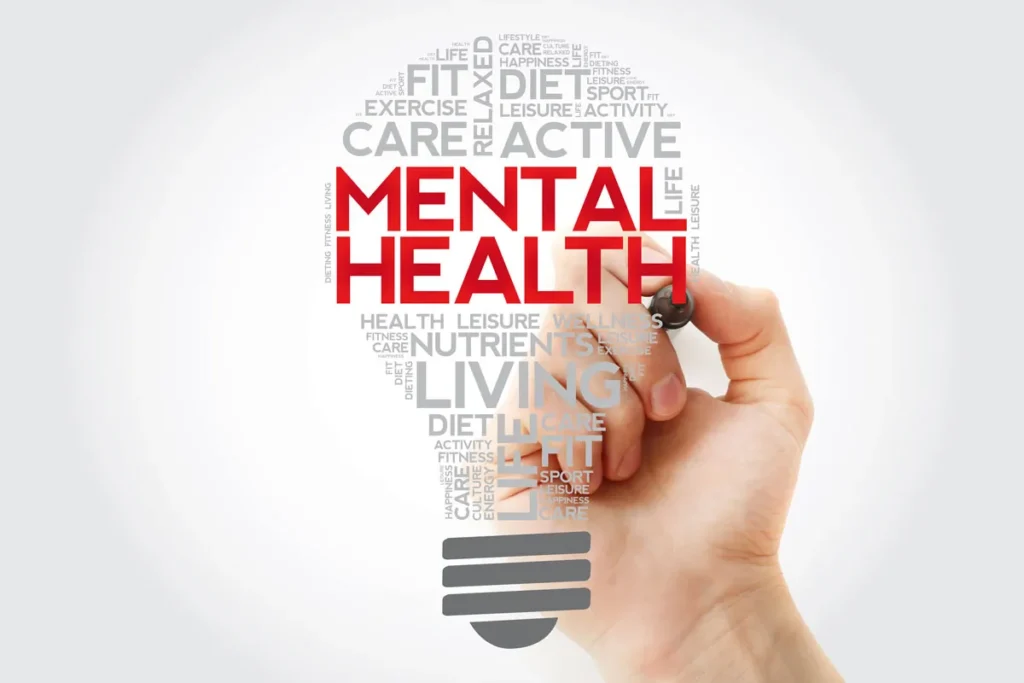In a world increasingly characterized by fast-paced lifestyles, social pressures, and unprecedented challenges, the importance of mental health has never been more evident. The liberation of the mind involves breaking down barriers that hinder individuals from seeking and accessing comprehensive mental health services. Recognizing the significance of mental well-being is the first step towards fostering a society where everyone can thrive. Comprehensive mental health services encompass a range of interventions aimed at promoting mental well-being, preventing mental disorders, and ensuring that individuals receive appropriate treatment when needed. The barriers to mental health liberation are multifaceted, encompassing stigma, limited access to services, and insufficient awareness of mental health issues. One of the primary barriers that have plagued mental health for years is the pervasive stigma surrounding it. Society often attaches unwarranted shame to mental health challenges, leading individuals to suffer in silence. The liberation of the mind necessitates a cultural shift that normalizes conversations about mental health and eradicates the stigma associated with seeking help.

Public awareness campaigns, educational initiatives, and open dialogues can contribute to dismantling these deeply ingrained societal attitudes. Limited access to mental health services is another substantial barrier that impedes the liberation of the mind. In many parts of the world, mental health resources are scarce, and individuals face significant challenges in accessing professional help. Building a comprehensive mental health infrastructure involves increasing the availability of mental health professionals, establishing community-based services, and integrating mental health into primary healthcare systems. By making mental health services more accessible, we can empower individuals to seek help without fear of judgment or logistical obstacles. Furthermore, raising awareness about mental health issues is crucial for breaking down barriers. Many individuals may not recognize the signs of mental health challenges or may be unaware of the available support services. Comprehensive mental health education campaigns can bridge this knowledge gap, empowering people to understand their mental health needs and encouraging them to seek help when necessary. Schools, workplaces, and communities can play a pivotal role in fostering a culture of mental health literacy.
In addition to these systemic changes, embracing technology can also revolutionize mental health services and contribute to the liberation of the mind. Telehealth platforms, mobile apps, and online resources make mental health support more accessible, especially in remote or underserved areas and go now https://lakeviewmentalhealth.com/mental-health-services/. Technology enables individuals to connect with mental health professionals, access information, and engage in self-care practices, breaking down geographical and logistical barriers that may have hindered mental health support in the past. The liberation of the mind is not just a personal journey it is a societal responsibility. Governments, institutions, and communities must collaborate to create an environment where mental health is prioritized and comprehensive services are readily available. By dismantling stigma, improving access to services, raising awareness, and leveraging technology, we can break down the barriers that have long constrained the liberation of the mind. As we strive for a world where mental well-being is prioritized, comprehensive mental health services serve as the cornerstone of breaking down barriers and fostering a society where individuals can truly thrive.